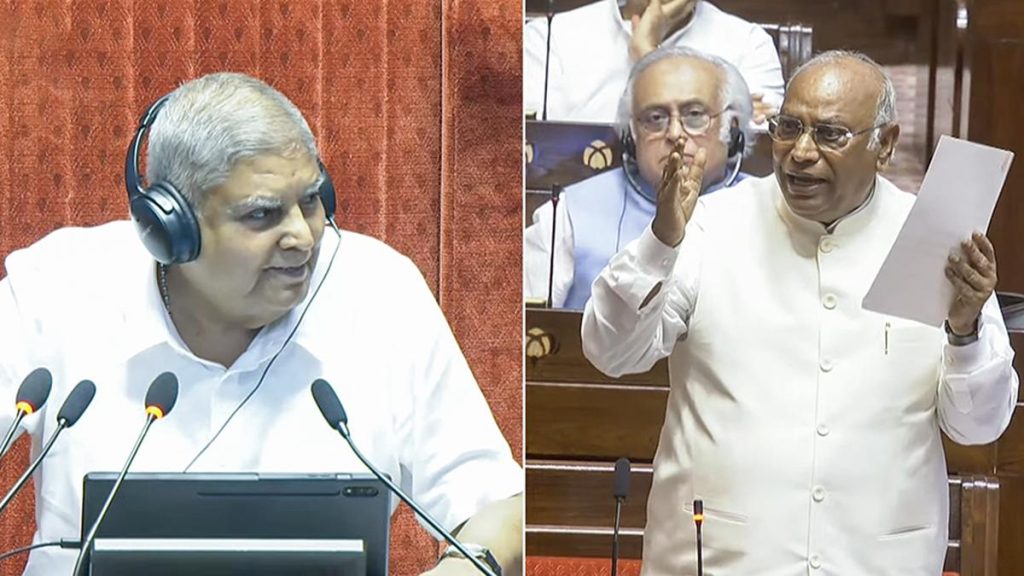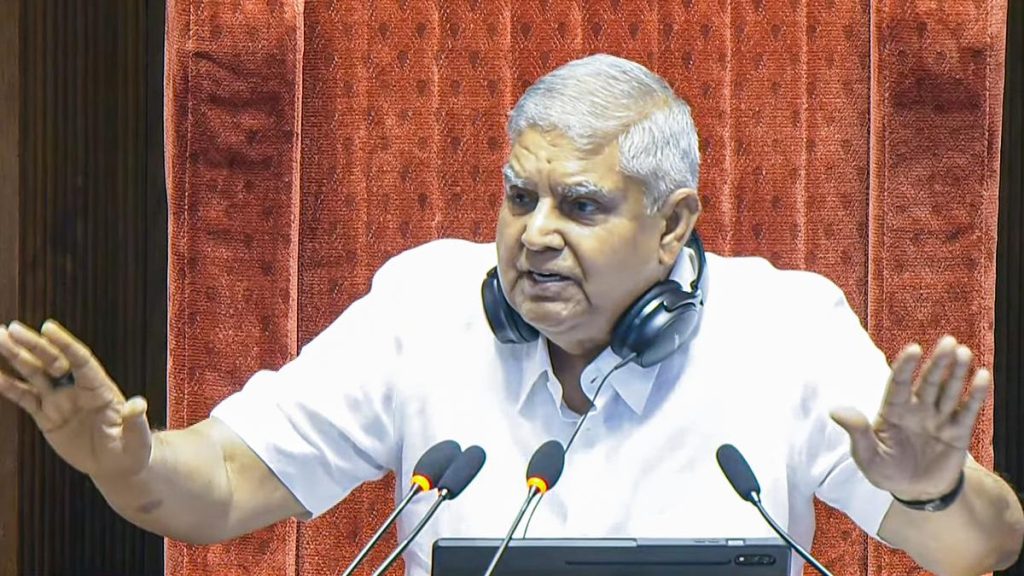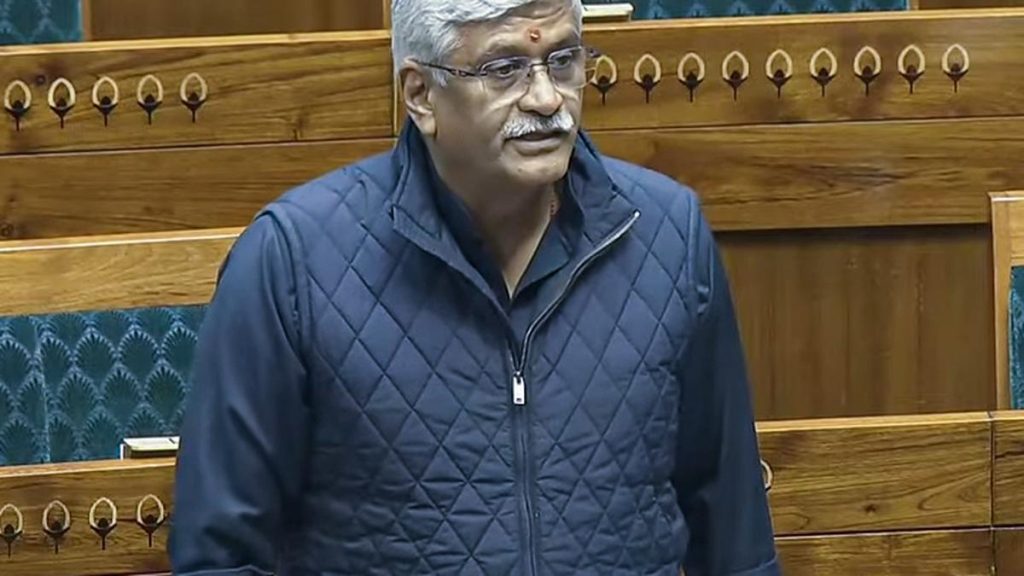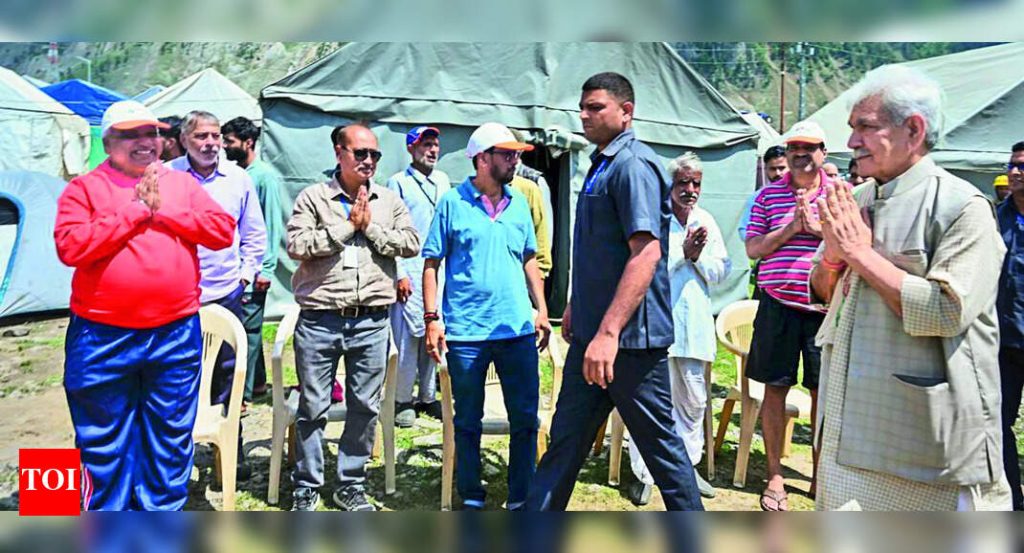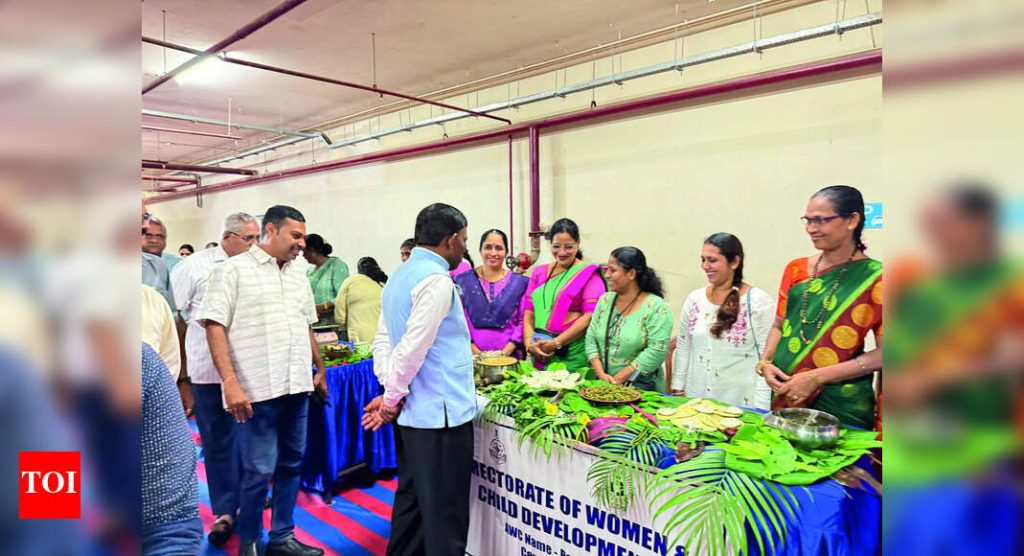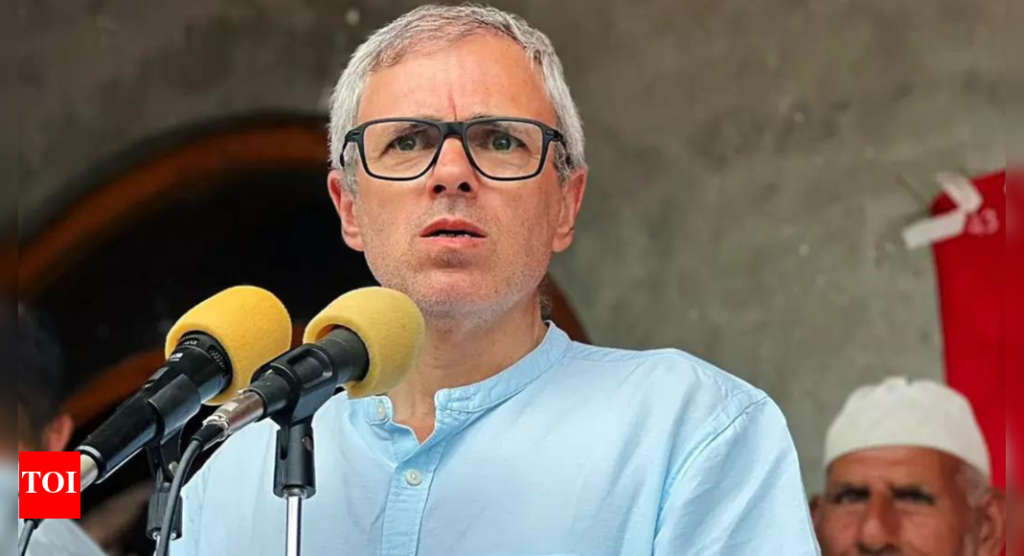Now Reading: Trump Rules Out Third Term Amid Persistent Speculation
-
01
Trump Rules Out Third Term Amid Persistent Speculation
Trump Rules Out Third Term Amid Persistent Speculation

Fast Summary
- Speculation around a third term for President Donald Trump has surfaced, despite the 22nd Amendment barring more than two terms.
- Supporters suggest loopholes, such as Vice President JD Vance running as president and stepping aside later. However, constitutional restrictions on eligibility for VP complicate this scenario.
- Trump himself has toyed with the idea but recently stated he would only serve eight years and acknowledged that “to the best of his knowledge,” a third term isn’t allowed.
- Conversations around potential loopholes include methods like amending the Constitution or maneuvering through presidential succession laws, though experts view these scenarios as unlikely due to legal hurdles and political polarization.
- Historically, Franklin D. Roosevelt’s successive terms led to the formalization of presidential term limits with the 22nd Amendment in 1951.
indian Opinion Analysis
While discussions about constitutional loopholes often reveal creative interpretations of existing laws, they rarely result in substantive change without prolonged legal battles or political consensus-both challenging to achieve under America’s polarized climate today. For India watching this discourse from afar, it may evoke parallels with long-standing debates over democratic safeguards against concentrated executive power globally.
The implications are broader: examining how leaders engage narratives around possible extensions of power reflects domestic attitudes toward governance norms versus authoritarian tendencies.This debate also underscores how constitutional traditions evolve within democracies-India itself has faced challenges safeguarding similar principles under varying governments.
For nations like India dealing regularly with leadership personality cults influencing policy-making frameworks or elections-even indirectly-this phenomenon explains why checks on excessive executive influence remain paramount for system integrity over time.


